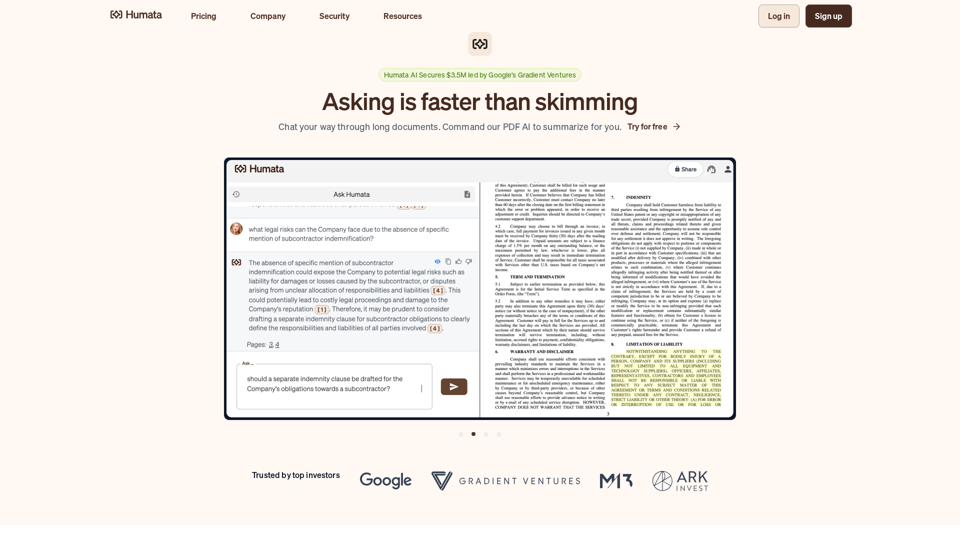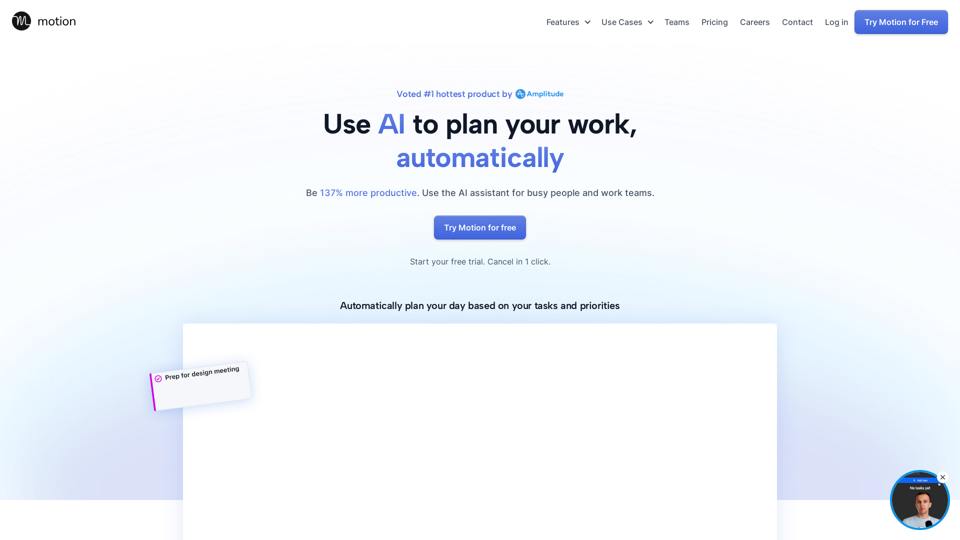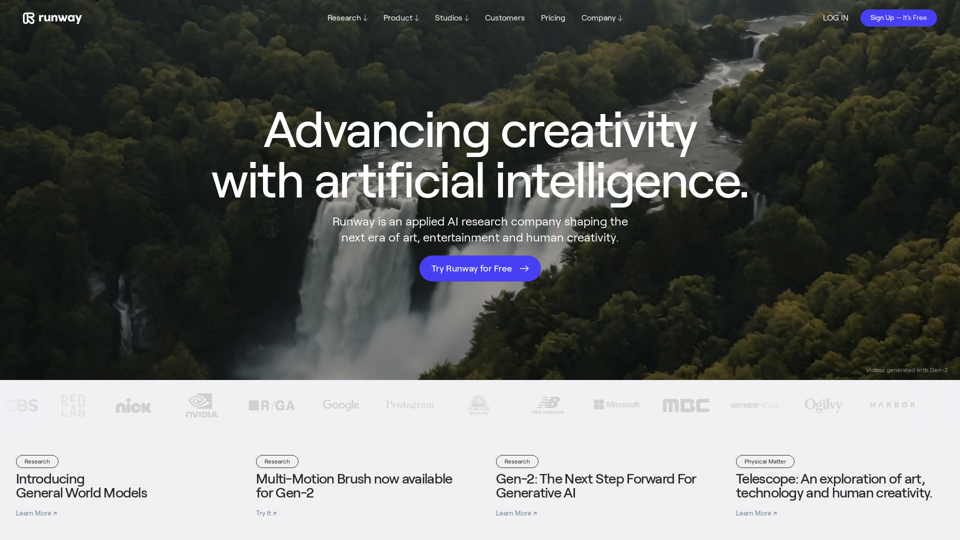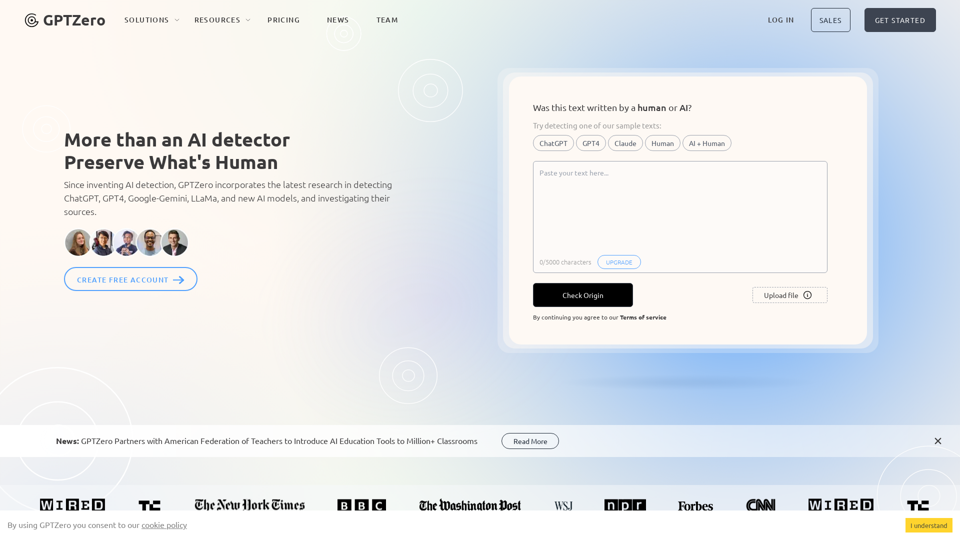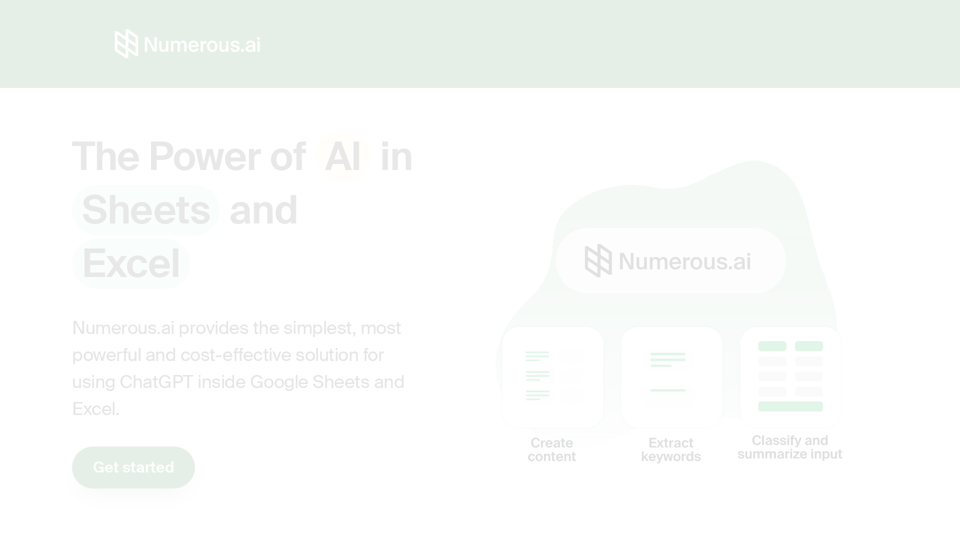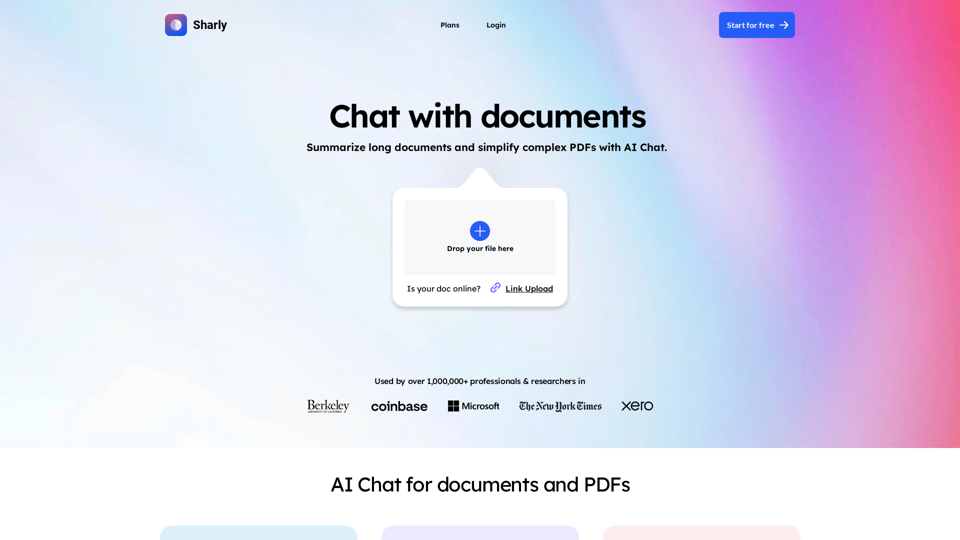Qu'est-ce que la gestion de projet par l'IA ?
La gestion de projet par l'IA fait référence à l'intégration des technologies d'intelligence artificielle dans les processus de gestion de projet pour améliorer l'efficacité, la prise de décision et l'exécution. Ces systèmes sont conçus pour assister les gestionnaires de projet humains en automatisant les tâches routinières, en fournissant des analyses basées sur les données et en améliorant les résultats globaux des projets sans remplacer les éléments humains essentiels tels que la réflexion stratégique et la créativité.
Avantages de l'IA dans la gestion de projet
Rationalisation de la planification de projet
- Planification automatisée : Les outils d'IA peuvent automatiser la planification en analysant les données historiques et en faisant des prédictions.
- Allocation des ressources : L'IA optimise l'allocation des ressources pour améliorer l'efficacité et réduire les coûts.
- Évaluation des risques : L'IA peut prédire les risques potentiels et suggérer des stratégies d'atténuation.
Amélioration de la gestion des tâches
- Attribution des tâches : Automatise l'attribution des tâches en fonction des compétences et de la disponibilité des membres de l'équipe.
- Suivi en temps réel : Fournit des informations actualisées sur l'avancement des tâches.
- Recommandations intelligentes : Offre des suggestions pour la priorisation des tâches basées sur divers facteurs.
Amélioration de l'allocation des ressources
- Modèles d'utilisation : Analyse les données pour identifier une utilisation efficace des ressources.
- Identification des goulots d'étranglement : Détecte tôt les conflits potentiels de ressources.
- Charges de travail équilibrées : Assure une distribution optimale des ressources.
Analytique prédictive
- Prévisions précises : Les outils d'IA fournissent des prédictions basées sur les données concernant les résultats des projets.
- Identification des risques : Identifie les risques potentiels avant qu'ils ne surviennent.
- Reconnaissance des opportunités : Met en évidence les domaines à améliorer et à optimiser.
Surveillance et reporting en temps réel
- Collecte de données : Recueille des données en temps réel à partir de multiples sources.
- Analyse des tendances : Identifie les tendances et les anomalies pour une gestion proactive.
- Rapports automatisés : Génère des rapports automatiquement, économisant temps et efforts.
Renforcement de la collaboration d'équipe
- Analyse de la communication : Améliore la communication de l'équipe en analysant les modèles.
- Partage des connaissances : Facilite le partage des informations pertinentes.
- Résolution des conflits : Identifie tôt les conflits potentiels au sein de l'équipe.
Atténuation des risques de projet
- Journaux des risques : L'IA génère des journaux de risques complets basés sur le contexte du projet.
- Recommandations d'atténuation : Fournit des stratégies pour la gestion des risques.
- Processus de risque automatisés : Rationalise l'évaluation des risques et la planification des réponses.
Prise de décision alimentée par l'IA
- Analyse des données : Traite de grands ensembles de données pour une prise de décision éclairée.
- Informations en temps réel : Offre des recommandations opportunes pour les décisions stratégiques.
- Automatisation des processus : Réduit l'intervention manuelle dans les processus de prise de décision.
Comment utiliser l'IA dans la gestion de projet
Mise en œuvre de l'IA : Meilleures pratiques
- Définir les objectifs : Définissez clairement ce que vous souhaitez réaliser avec l'IA.
- Commencer petit : Testez les outils d'IA dans des domaines spécifiques avant une mise en œuvre à grande échelle.
- Choisir les bons outils : Sélectionnez des outils qui correspondent à vos besoins de projet.
- Fournir une formation : Assurez-vous que votre équipe est bien formée pour utiliser les outils d'IA.
- Surveiller et évaluer : Évaluez continuellement l'efficacité des outils d'IA.
Tendances futures
- Gestion activée par la voix : Utilisation du traitement du langage naturel pour la gestion de projet.
- Intégration IoT : Collecte et analyse de données en temps réel via des dispositifs IoT.
- Assistants virtuels : Assistants alimentés par l'IA pour le support à la gestion de projet.
En conclusion, l'IA a le potentiel de révolutionner la gestion de projet en automatisant les tâches, en améliorant la prise de décision et en renforçant la collaboration. En planifiant et en mettant en œuvre soigneusement des stratégies d'IA, les organisations peuvent améliorer significativement les résultats des projets et maintenir un avantage concurrentiel.
